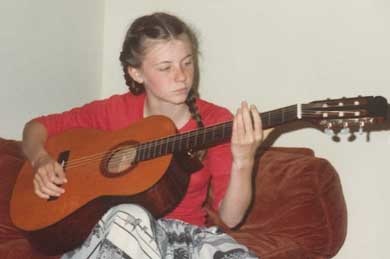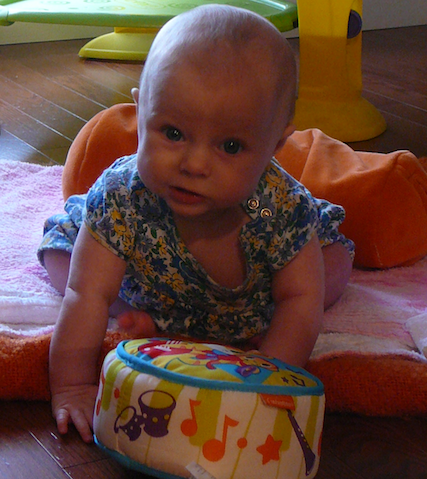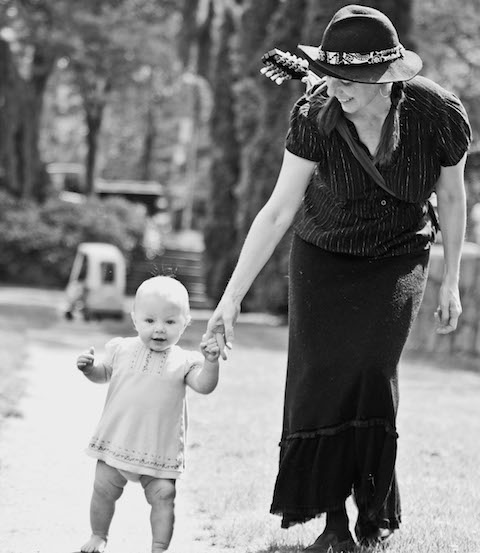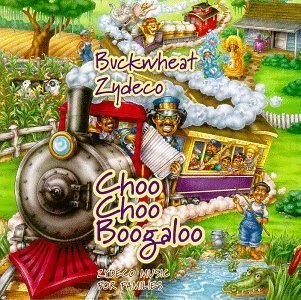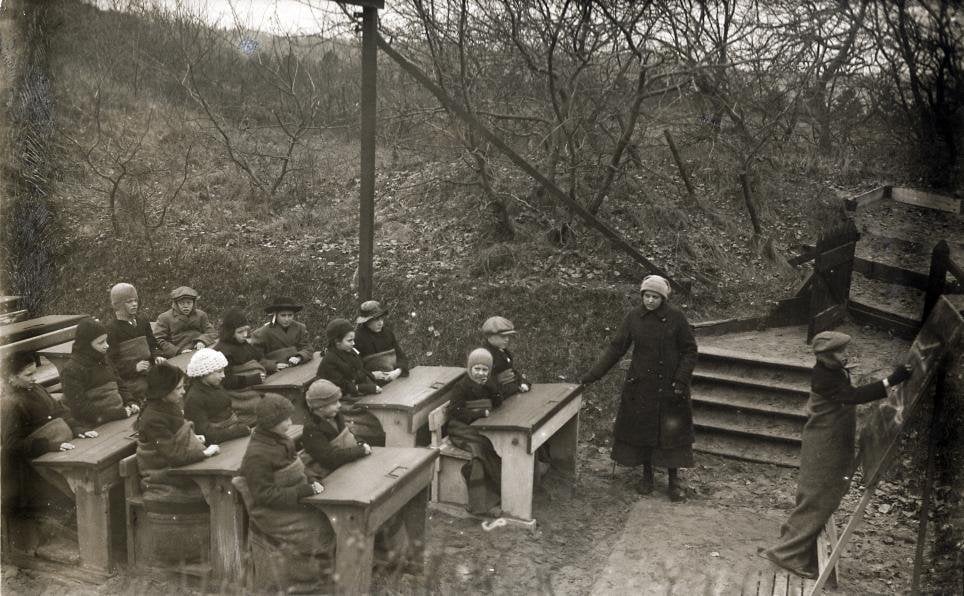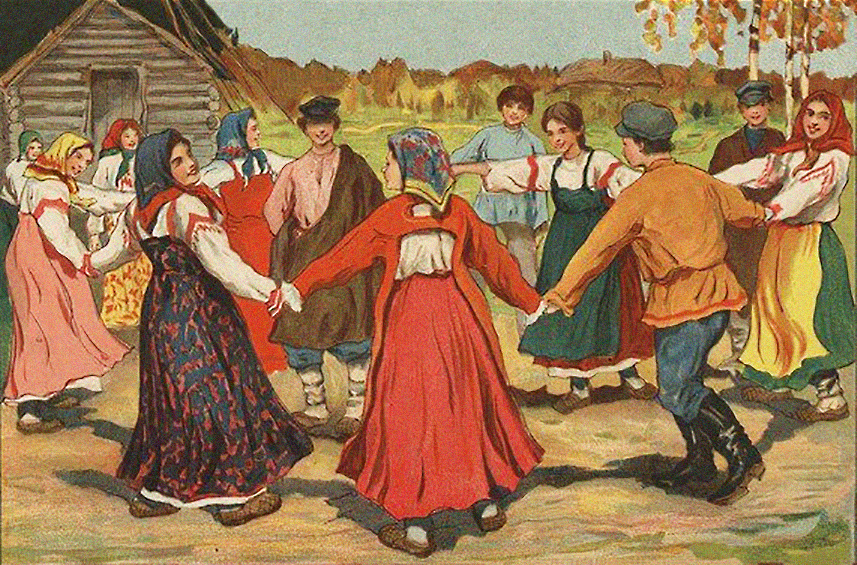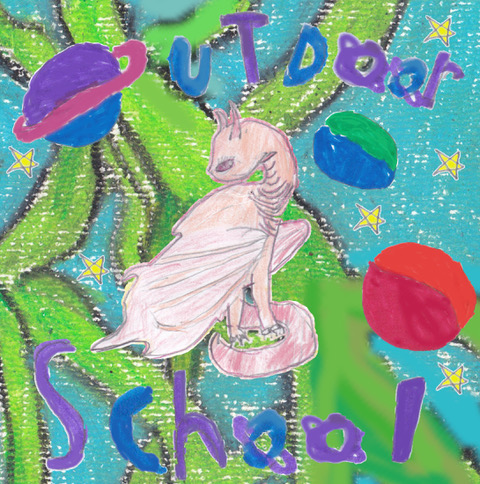Perhaps, as conscientious parents, you have read about the positive benefits of music in childhood, such as increased neural pathways in the brain, enhanced abilities in math and language, and improved attention span. These benefits are all real enough, but these are beneficial side effects of practicing and playing music. They aren’t what music is about.
I have taught guitar, ukulele and general music to children for over 25 years. I have a degree in music, and a professional background in both music and dance. And on behalf of children and music teachers everywhere, parents, I beg you: please stop forcing your children to take music lessons.
Music is an essential form of human expression. It’s an outlet for joy or sorrow. It’s a way to soothe a child to sleep, or entertain a kid who’s bored. It’s a way for a community to come together and heal after tragedy. Music can be a vehicle to woo the object of one’s affection, co-ordinate large-scale work efforts and inspire courage in soldiers marching to battle. It is a way to send messages, embolden resistance movements, unify people behind a cause or country, and criticize injustice. Music is a way to tell stories, record histories, and minister to the sick in body or spirit. Music is an integral part of most of the world’s religious and spiritual practices, and is used to aid in meditation and relaxation.
In other words, if you’re laser-focused on the positive effects music lessons might possibly have on your child’s GPA ten years in the future, you’re really missing the point.
If your child is passionate about music and wants to hone their skills, then by all means, get them into private lessons. Students who practice spontaneously and enjoy building their musical skills can thrive with individual attention from a skilled teacher. If your child finds joy and comfort in music; if they take pride in mastering new skills and concepts, then music lessons are a wonderful gift to enrich their life.
On the other hand, if your kid chronically comes home from their music lessons grumpy, and says things like “I hate music!” or “Why do I have to keep taking these stupid lessons?”, it’s time to take a step back. You’re doing no one any favors – not yourself, not the music teacher, and certainly not your child – by forcing them to continue lessons on a specific instrument or with a specific teacher if they are consistently telling you they don’t want to do it.
Of course, even the most enthusiastic music student can become discouraged occasionally. A few frustrating practice days isn’t reason to throw in the towel. However, pushing a child to continue music lessons when they have consistently expressed a preference to stop is more likely to entrench a negative impression of music in general than provide any tangible benefit.
Should your child have music in their life? Absolutely! There are many ways to incorporate music into their – and your – daily lives. The most effective way to inspire a reluctant student is often to get involved with them. If your kiddo is under 5, consider a parent-tot music class such as my Music for Tots program, or if you don’t happen to live near areas where I teach (Seattle, WA & Portland, OR), I recommend the international Music Together program.
If your child is older, and if you go to a church or synagogue, you may already sing at services. For additional musical enrichment, your little one could join the choir. Even if you’re not religious, many churches will allow non-members to participate in their choir for free – or, you could join a secular family choir.
Do you play an instrument, or have you always wanted to learn? Establishing a family music night could be a fun way to motivate you to practice, too. Choose some songs the whole family can sing and play together. (Hint: it’s okay if you’re not “good” at it, as long as your music time together is fun.) If you need song ideas, my YouTube channel has over 200 videos with fun songs to play and sing with kids. I also have a series of music books with sheet music and chords, and recordings to accompany them that you can stream for free through my Bandcamp site (these are also available for easy mobile streaming with the Bandcamp App), and I teach ukulele lessons and classes in Seattle, WA.
Even if you don’t feel musical yourself, you can introduce your child to examples of regular folks in your community making music together. Does your community have a local drum circle you could drop into? Drum circles are often casual, low-cost or free, and welcoming to newcomers. Or check out an Old-Time Music Jam or an Irish Session at a local pub, coffee shop or restaurant. You’ll often find that pubs host these kinds of events in the afternoons, during hours when minors are allowed. You could also visit a local open mic or song circle.
Attending community music events together and listening to a variety of musical styles might be the best music education you can offer to a reluctant student. You can show them that – even if they received a negative impression of one particular musical style, or one particular teacher – there is still a huge, wide world of music out there for them to explore. Hopefully, they will find something in it that inspires them.

